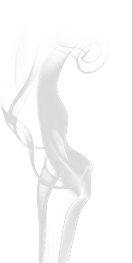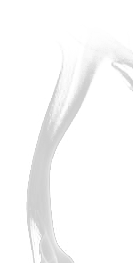A perfectly healthy sentence, it is true, is extremely rare. For the most part we miss the hue and fragrance of the thought; as if we could be satisfied with the dews of the morning or evening without their colors, or the heavens without their azure.
- Henry David Thoreau





